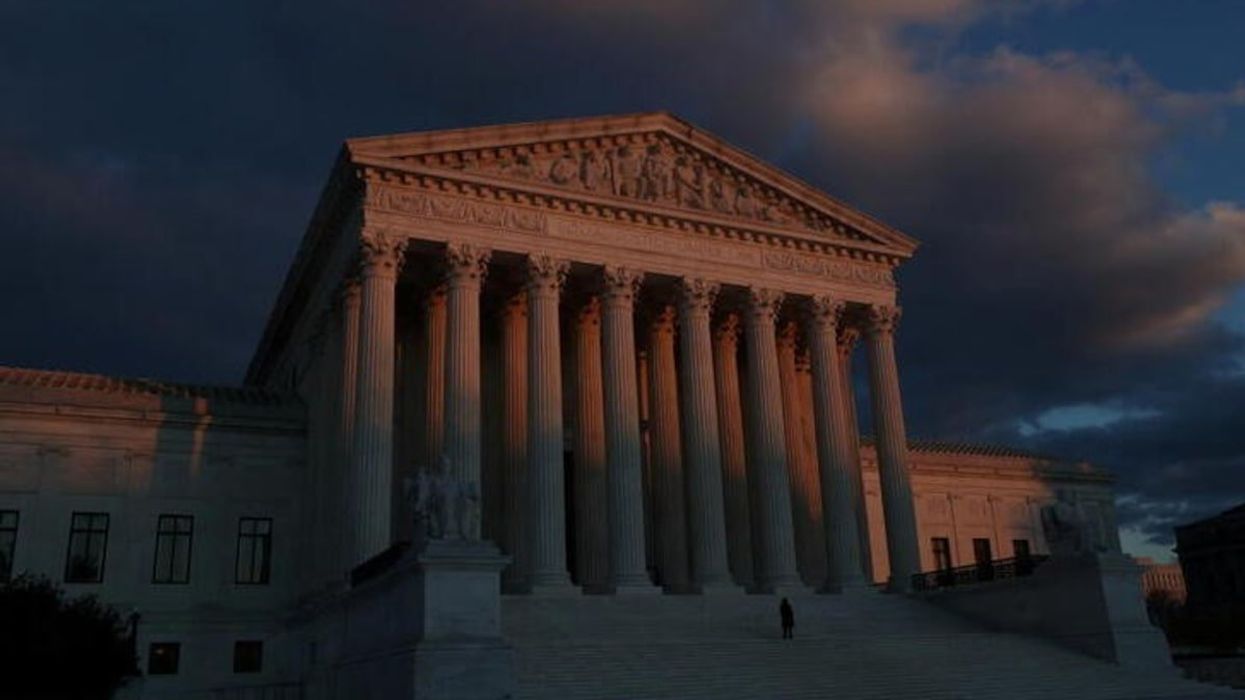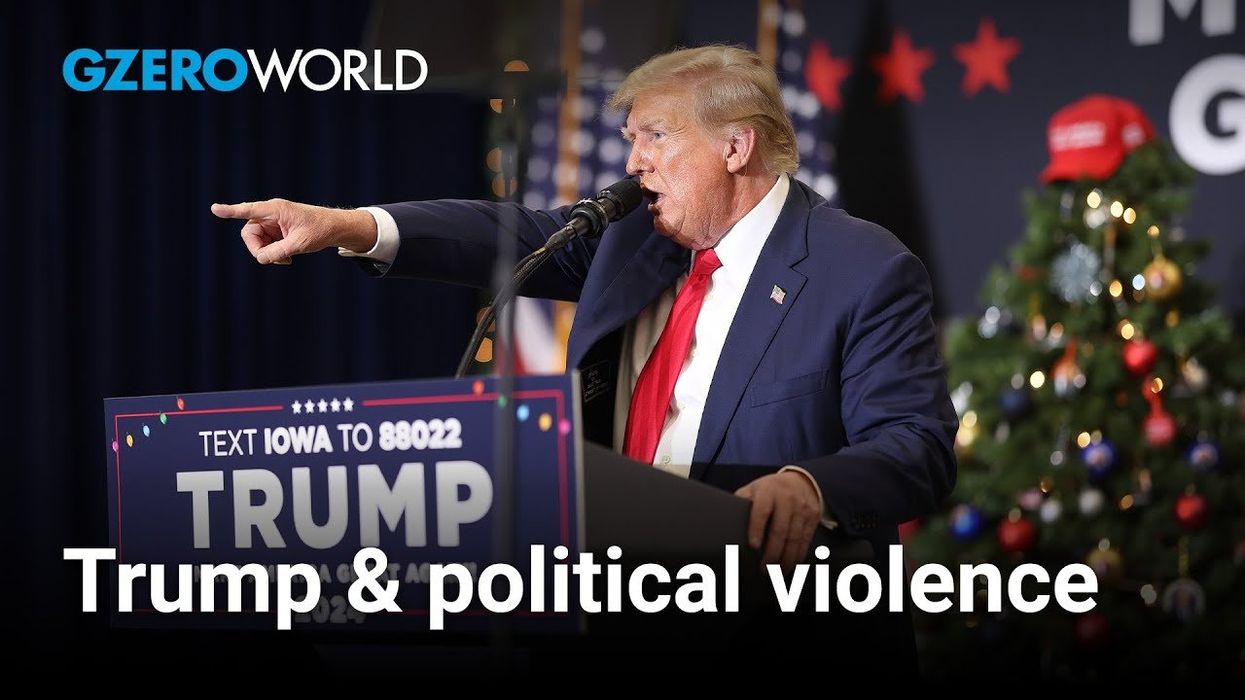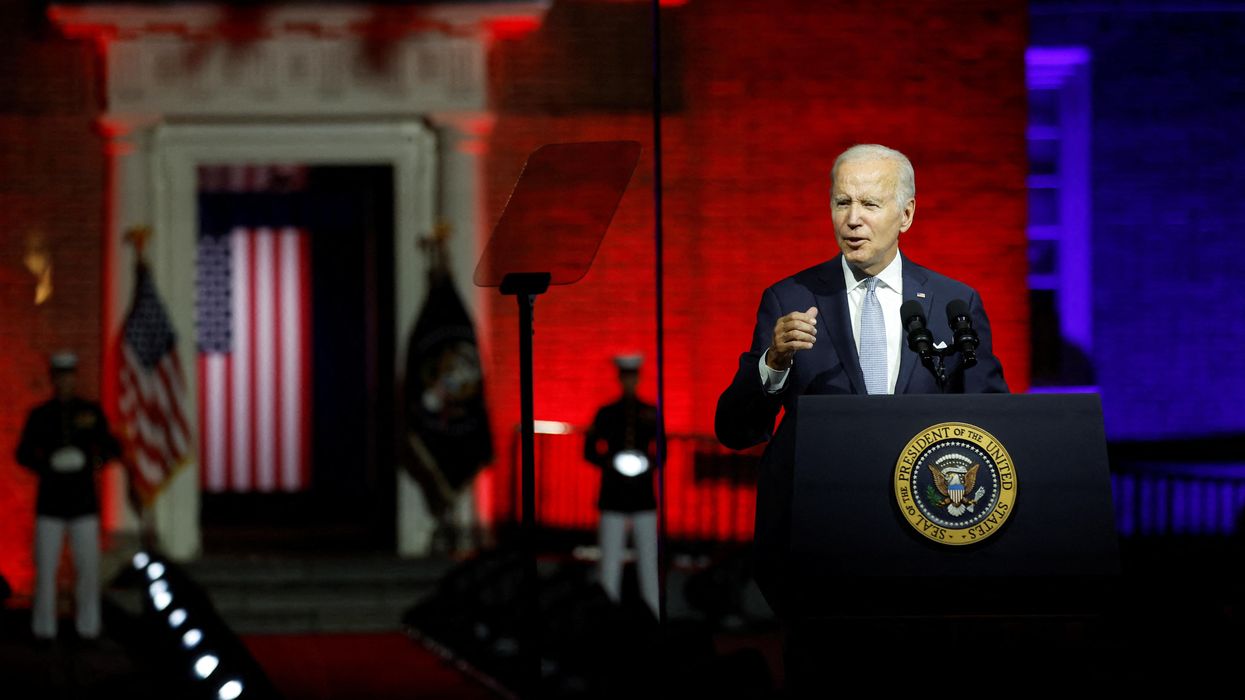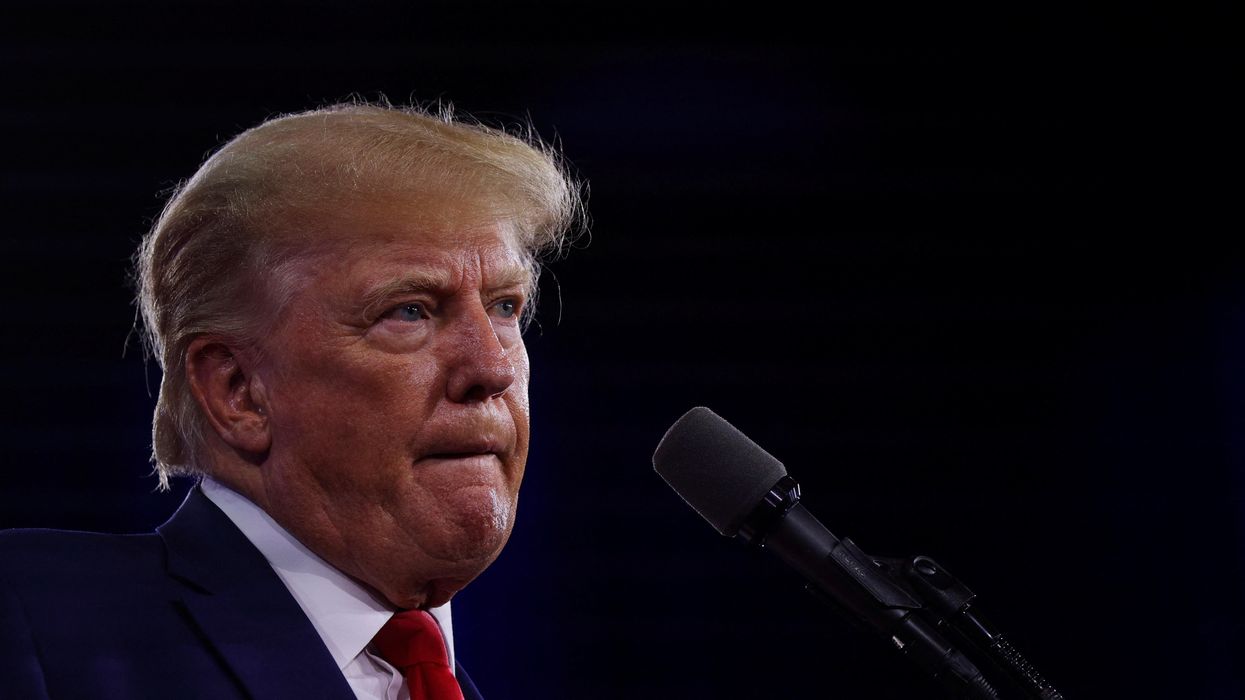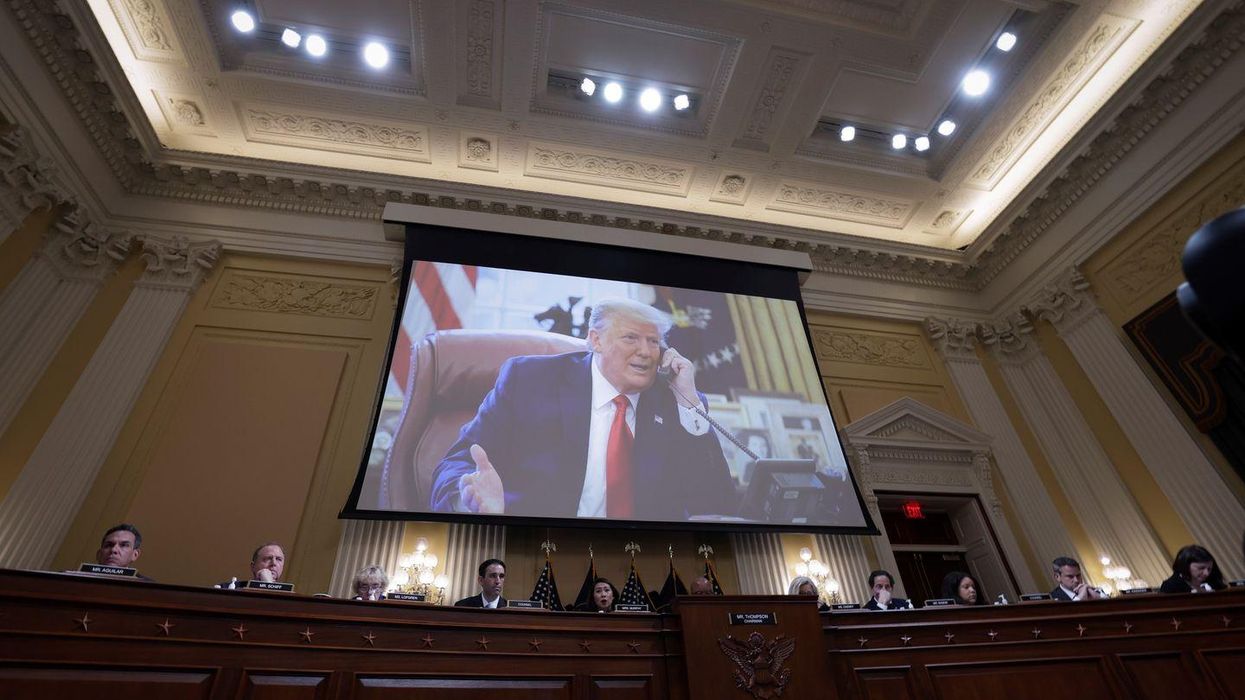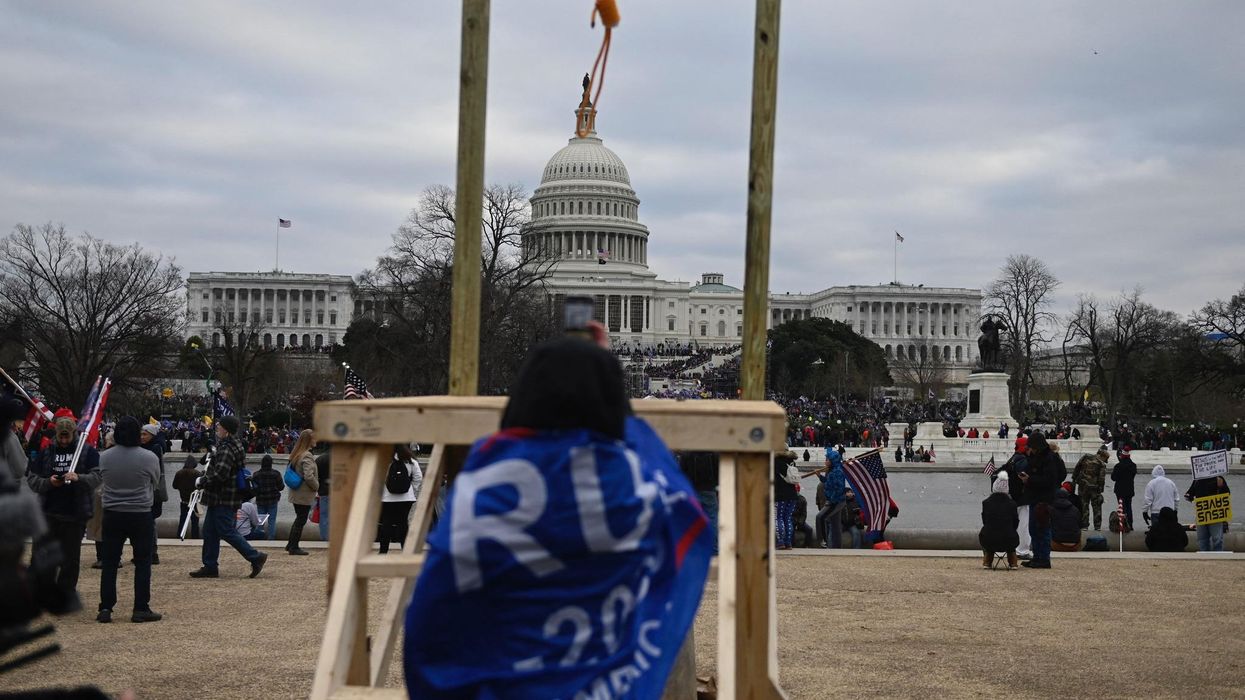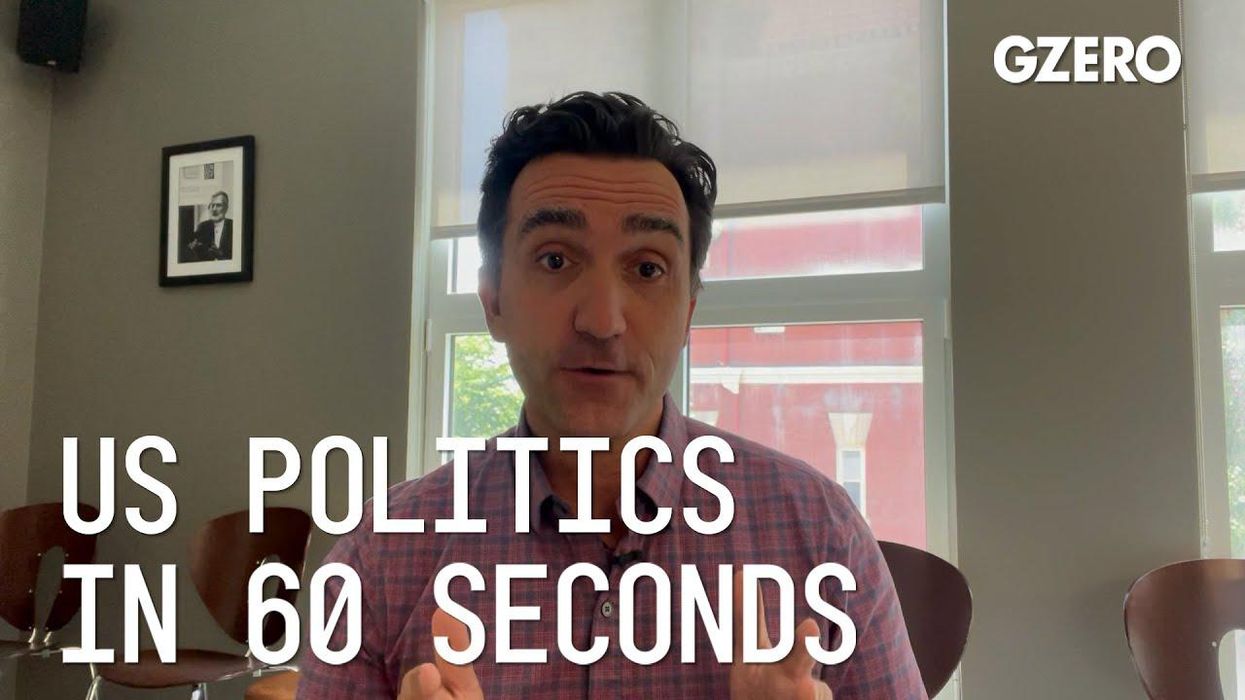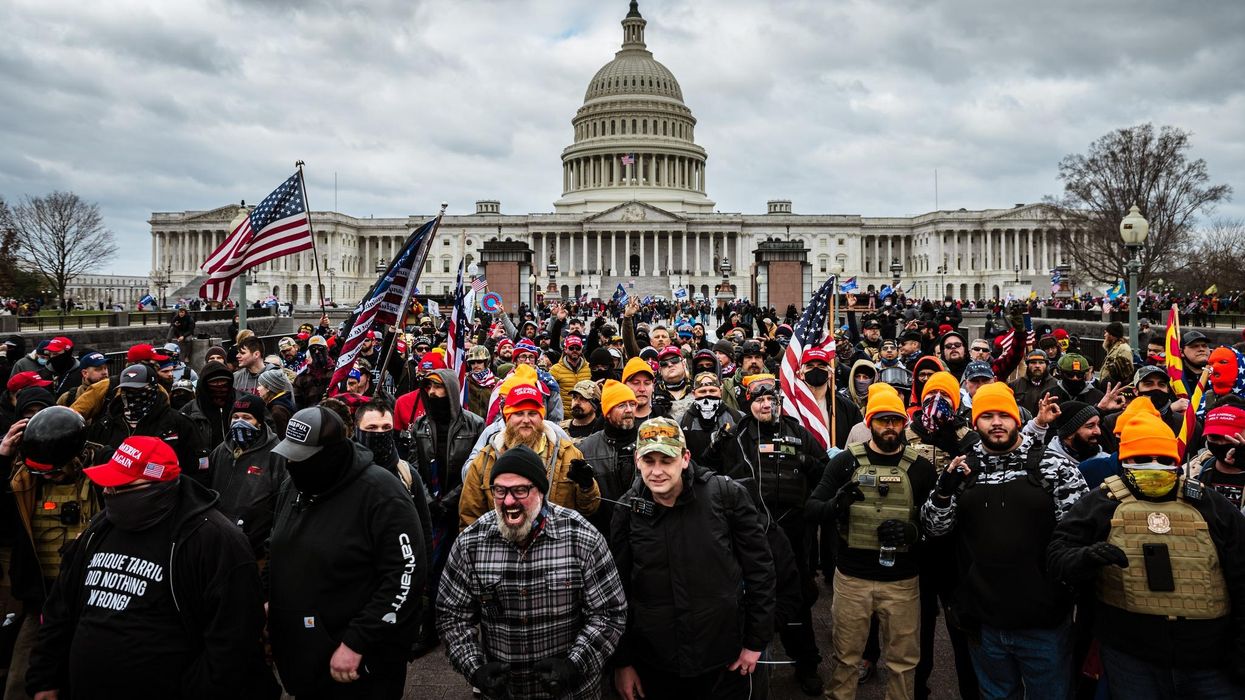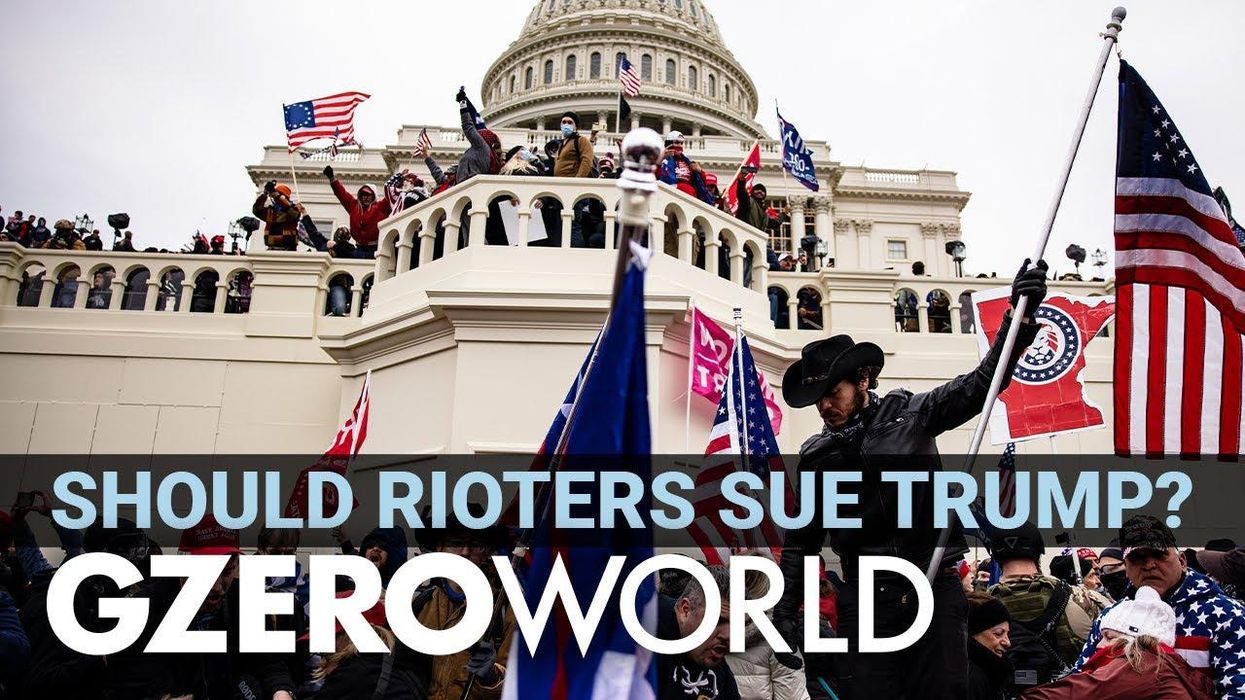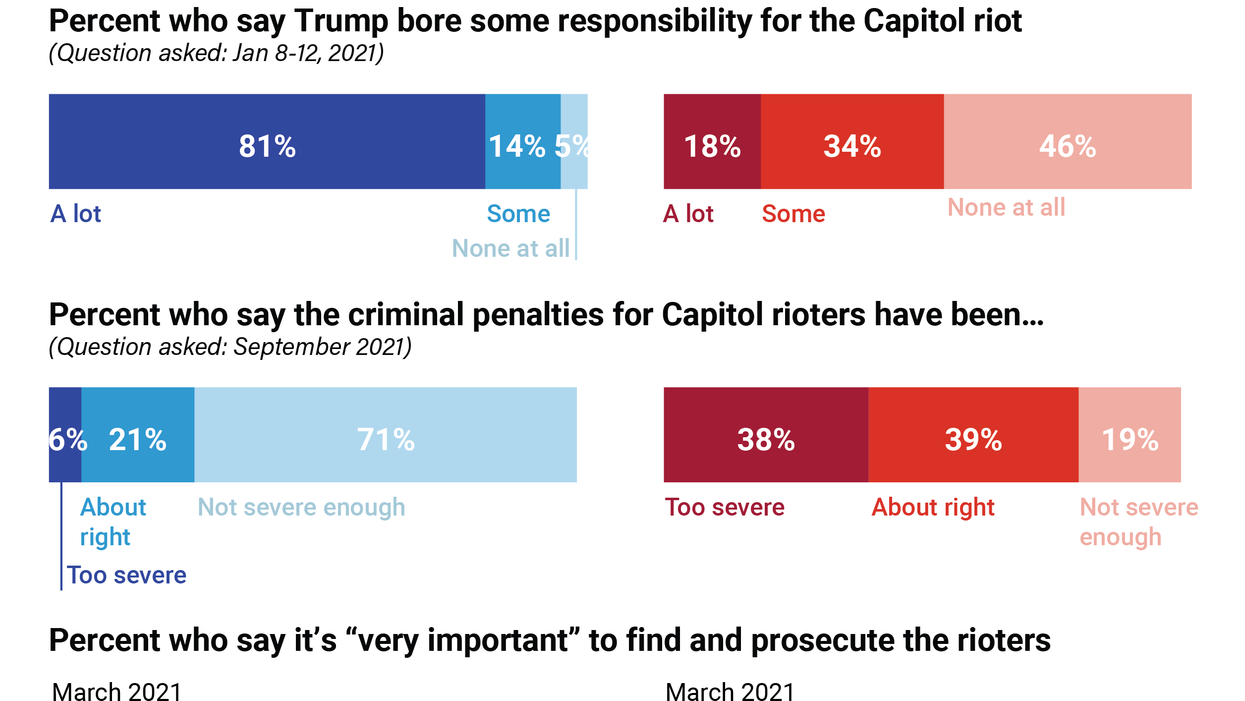What We're Watching
Get ready for the SCOTUS deluge
This is the Supreme Court’s last scheduled week for issuing opinions this term — and they have some big questions to decide. At least 14 cases are still outstanding, with big consequences for the election and the US government.
Jun 24, 2024
